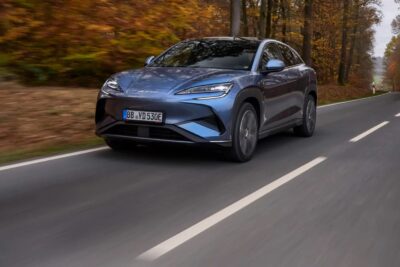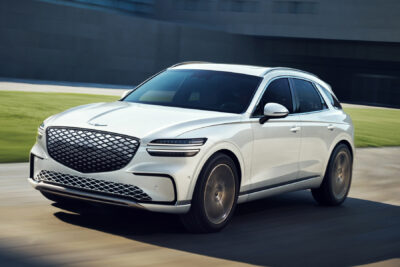Greek ferries no longer transport fully charged electric cars
According to the German automobile club ADAC, a new regulation issued by the Greek Ministry of Shipping and Island Policy in force since mid-April is already being implemented by major Greek shipping companies. For safety reasons, the batteries of electric cars may only have a maximum charge level of 40 per cent. The focus here is on batteries of purely electric vehicles as well as plug-in hybrids.
ADAC experts see no evidence that electric vehicles are more likely to pose a fire hazard than vehicles with combustion engines. In its press release, the automobile club writes: “In principle, of course, it can never be completely ruled out that a car will self-ignite due to a defect – but this applies to all drive types.”
adac.de (in German)




18 Comments